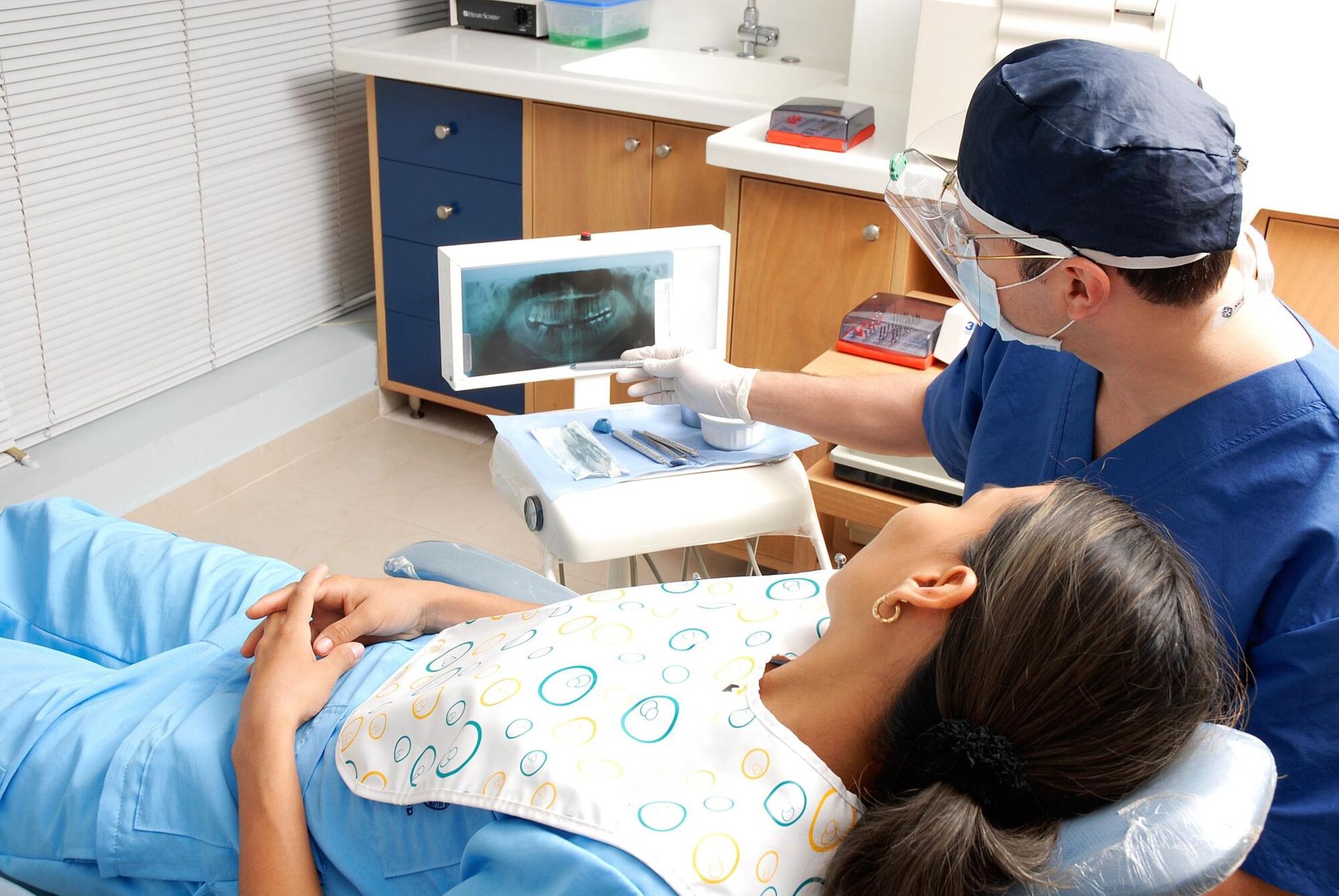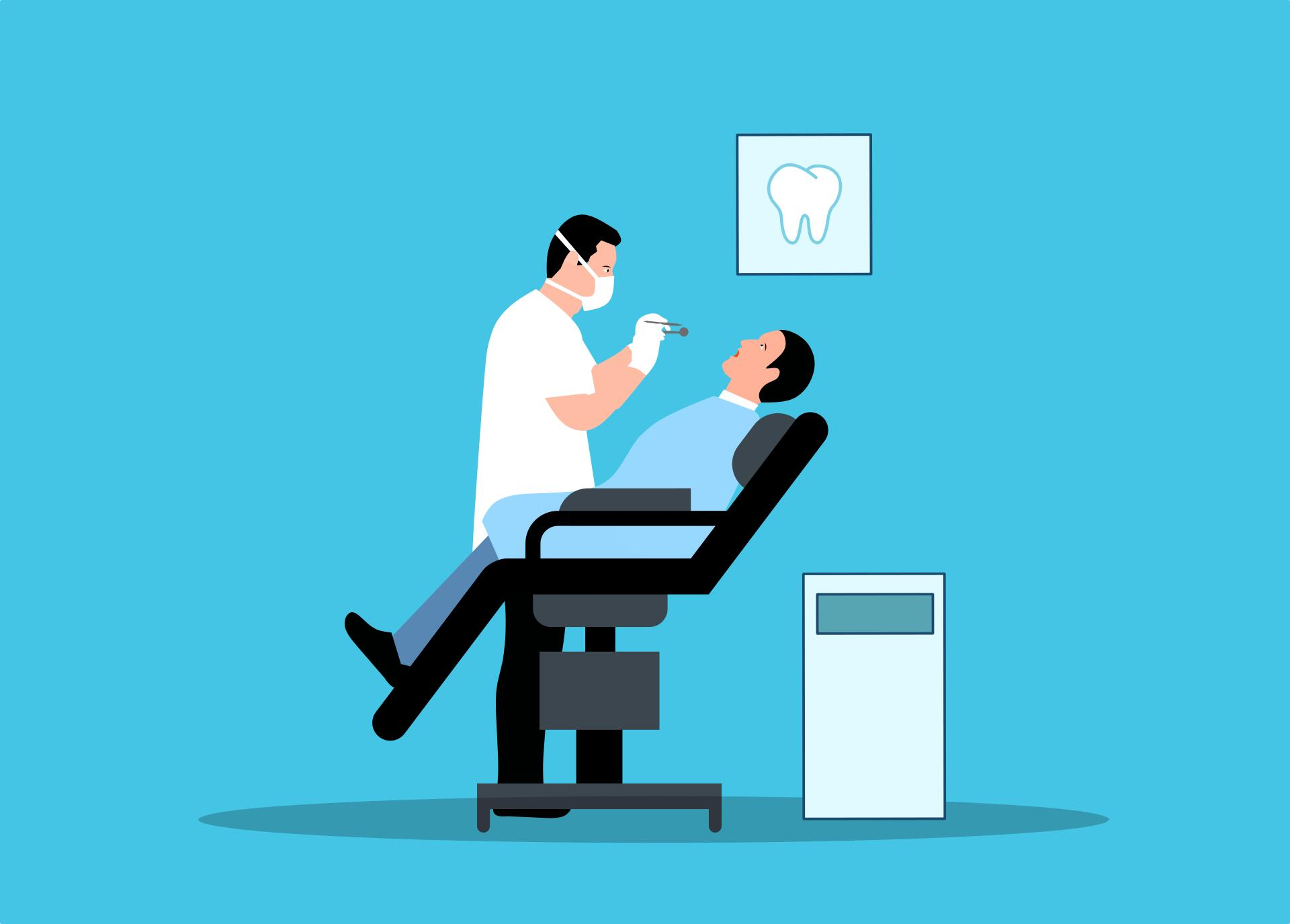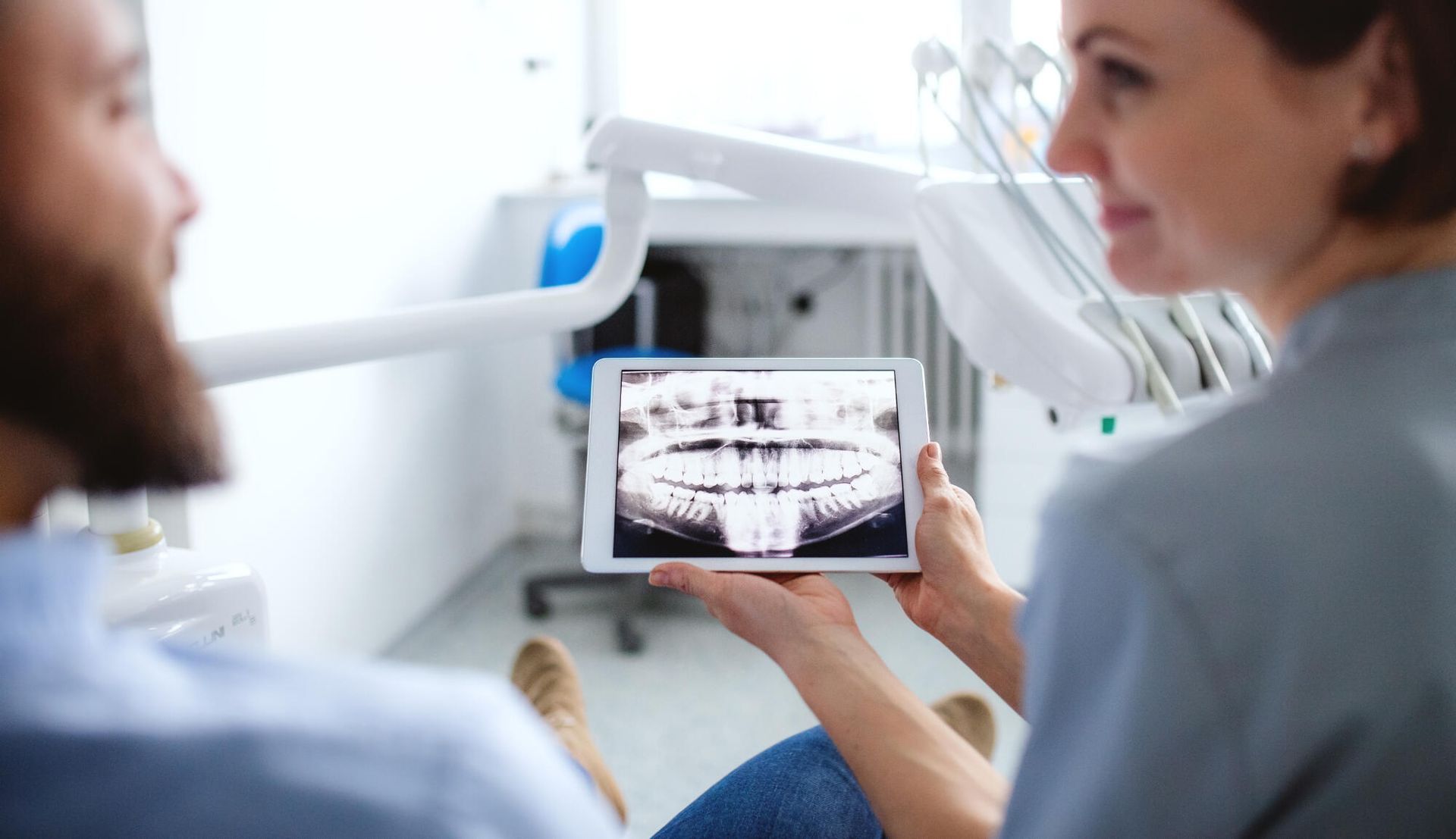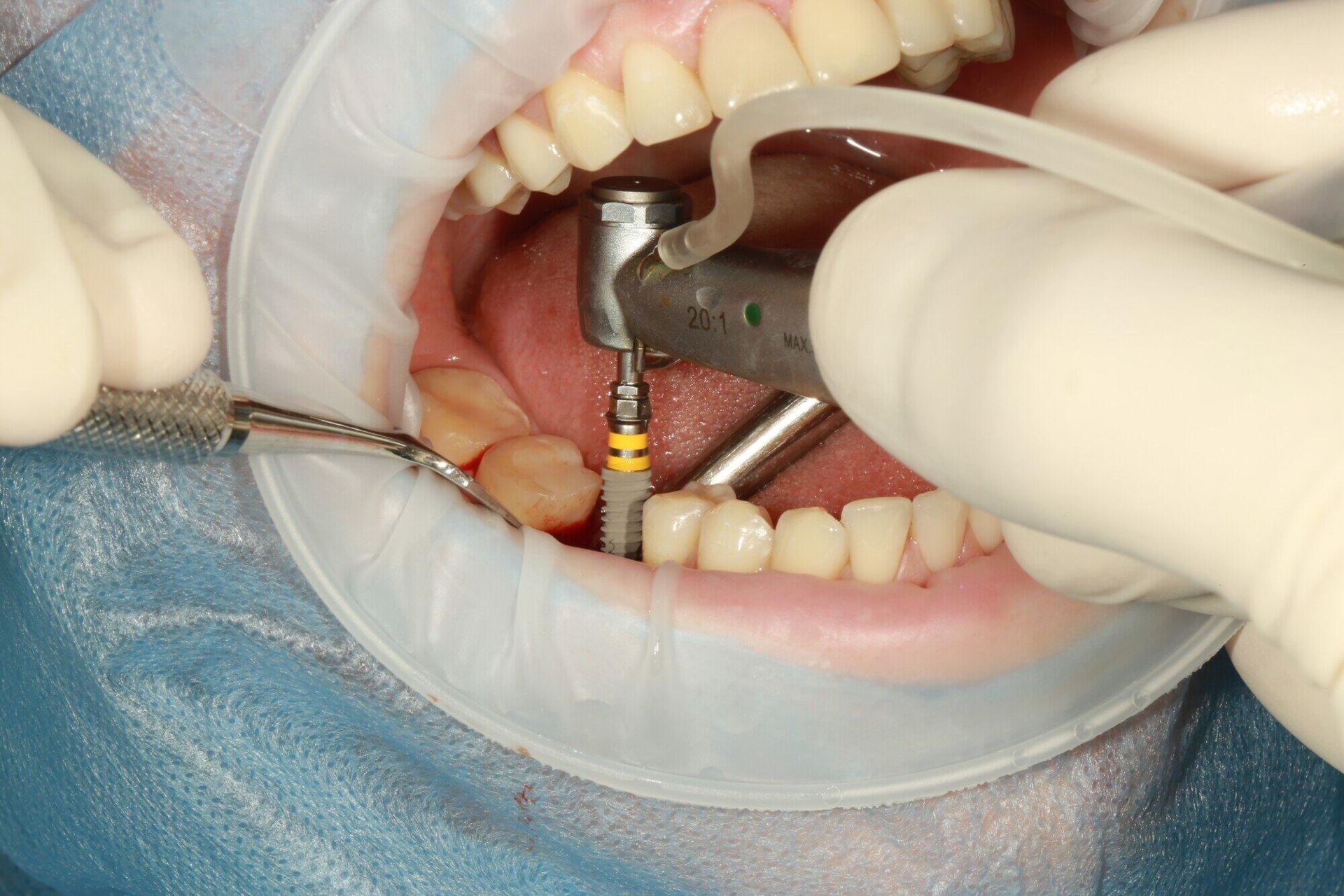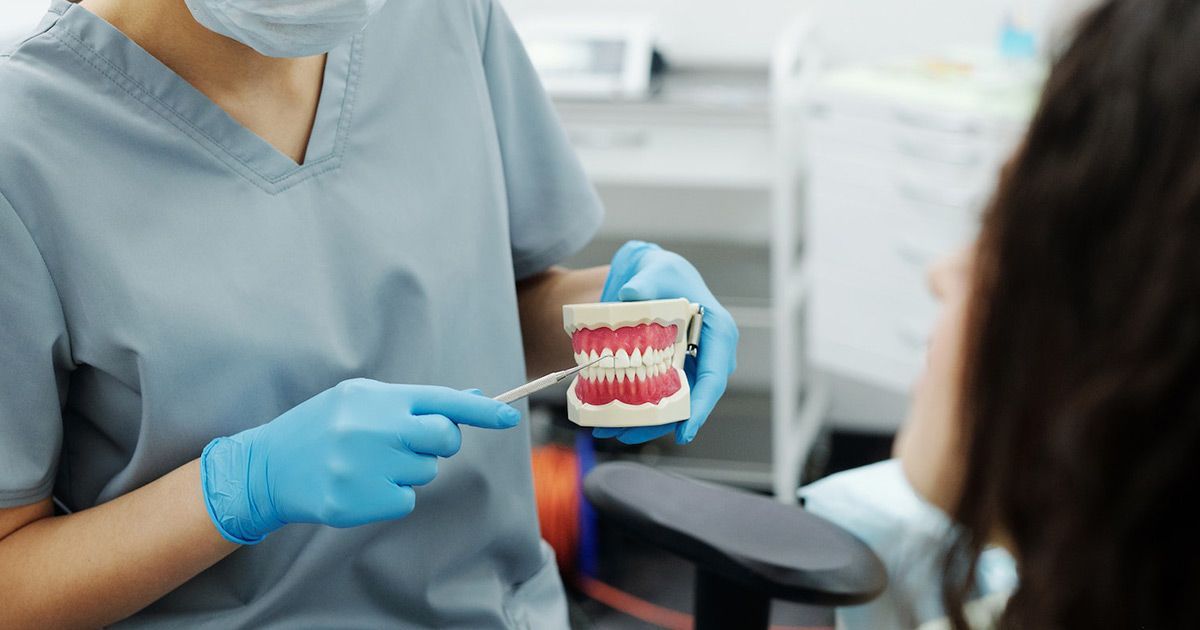Periodontal Care from Your Dentist in Cicero IL: What You Need to Know
Do you want to know more about what to expect from periodontal care from your dentist in Cicero, IL? Learn more about it here.
Just like a building needs a solid foundation, strong teeth rely on healthy gums.
Gum disease - also called periodontitis - is a major problem. In fact, around 70% of adults over 65, and 47% of adults over 30 have some type of periodontal disease.
If left unchecked, gum disease can have serious consequences, including tooth loss.
Periodontal care is all about keeping the area around the teeth is in great condition. What can you expect in terms of periodontal care from your dentist in Cicero, IL?
Let's take a closer look at periodontal care and how the best dentist can help.
What Is Periodontal Care?
Periodontal care involves keeping your gums in excellent condition.
Gum disease is often painless, so people do not know that they have it! This highlights the importance of regular visits to your dentist. He or she can spot the signs of gum disease, and give you advice.
Daily periodontal care involves flossing on a daily basis. This helps to remove particles that are caught in areas your toothbrush could not reach. It also helps to remove plaque and stops it from building up.
Visiting the dentist regularly and having regular cleanings are also important. Dental cleanings remove tartar. Tartar is a rough substance that develops above and below the gum line.
It's not possible to remove tartar at home - it needs to be removed at the dentist's office. A six-monthly cleaning can help to keep tartar levels under control.
Of course, daily brushing is essential to keep gums in good condition. Brushing with an electric toothbrush can help to remove more plaque than a manual one. Keep the bristles angled against the gum line to remove plaque along the gum line.
It's also important to avoid smoking. Smoking makes you more likely to develop gum disease and to have more serious problems because of it.
Even if you follow all of these daily care routines, it is still possible to develop periodontal problems. Your dentist will diagnose these and help you to get the treatment you need.
Periodontal Problems and Treatments
Gum disease, or periodontitis, develops when plaque builds up along the gum line. Plaque is a sticky substance that adheres to your teeth. It's the perfect breeding ground for bacteria, which attack the teeth and gums.
The first stage of gum disease is called gingivitis. The symptoms of gingivitis include:
- Painful gums
- Bleeding gums
- Halitosis (bad breath)
- Dark red gums
At this stage, gum disease may respond well to dental care and improved oral hygiene. It's very important to visit your dental practice at least once a year so that they can monitor this condition.
In time, gingivitis can develop into a more serious condition called periodontitis. This is a deeper inflammation of the gums and the area surrounding the teeth.
Inflammation can cause the gums to pull away from the teeth. This forms small pockets or gaps. Plaque can collect in these gaps, which you can't remove when you brush your teeth.
If you do not get treatment, this can lead to tooth loss and bone loss.
Treatments for Periodontal Problems
If you have periodontitis, it's vital for your oral health that you have specialist dental care. A dentist who specializes in treating gum disease is called a periodontist.
Periodontists complete an extra three years of training. This qualifies them to diagnose and treat a range of periodontal diseases.
They can treat gum disease, receding gums, and can also replace missing teeth with dental implants. They can also provide surgical treatments for advanced cases of periodontitis.
One of the most common treatments for periodontitis is scaling and root planing.
Scaling and Root Planing
The periodontist will give you a local anesthetic before starting the procedure. During the procedure itself, you will not feel any pain.
During this procedure, a periodontist will, first of all, remove all of the plaque and tartar on your teeth. This is the scaling part of the treatment. He or she will remove the plaque above and below the gum line, including cleaning the pockets.
Next, the periodontist will begin the root planing procedure. This process smooths the roots of the teeth. This removes any plaque buildup and makes it hard for plaque to adhere in the future.
It also helps the gums to reattach to the teeth. Depending on the severity of your condition, you may need to come for three or four sessions to complete scaling and root planing for the whole mouth.
After the procedure, it's normal to experience some swelling and discomfort in the gums. Your dentist will give you aftercare advice to keep your gums infection-free as they heal.
How a Dentist in Cicero, IL Can Help
A general dentist in Cicero, IL will be able to help to treat mild gum disease, such as gingivitis.
However, if you have more serious periodontal disease, you need to see a gum specialist. For convenience and speed of referral, it's good to choose a dentist in Cicero, IL that already has a periodontist on staff.
This means that you can get prompt treatment for your gum disease. The sooner treatment begins, the less likelihood of the problems becoming more serious.
Choose Central Dental Associates for Top Periodontal Care
Taking care of our teeth is very important. But to have the best level of oral health, you need excellent periodontal care as well. A general dentist in Cicero, IL can help with mild cases of gum disease. However, more serious cases need the attention of a specialist periodontist.
At Central Dental Associates, we have an outstanding periodontist on our staff. Dr. Ken Arrieta is a fully qualified and highly experienced periodontist. Under his care, you can receive the specialist periodontal treatments that you need.
Following treatment, he will continue to monitor your condition. This kind of intervention can help to prevent tooth loss and degradation of the bone.
If you're experiencing any problems with your teeth or gums, do not delay!
Schedule a consultation with us online, or call our office on (708) 554-3956.



